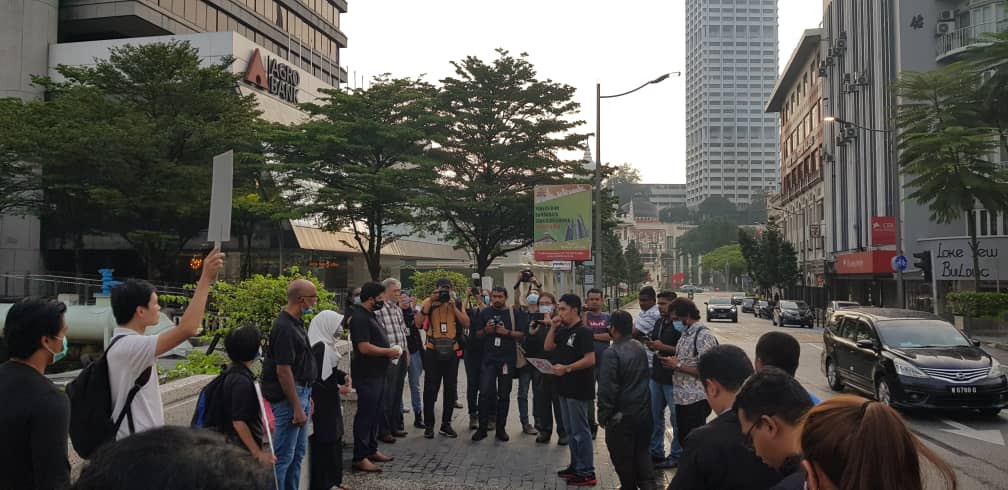As Parliament convenes this week, human rights defenders and civil society organisations have repeatedly urged the Perikatan Nasional government to commit to establishing the Independent Police Complaints and Misconduct Commission (IPCMC), an external oversight body of the police force. The calls for this investigative body was first conceived 15 years ago – a body that prioritises the protection of human rights in the course of combating crime and maintaining law and order.
The formation of such a body will ensure professionalism, impartiality, and accountability to produce a more dignified and respectable Police Force. This could open up the possibility of a better relationship between the people and the police. Over the years, there have been consistent reports of abuse, including violence against people in detention and deaths in custody. The deaths of R. Gunasegaran and Teoh Beng Hock are just a few of the many intances of individuals who have suffered greatly under police custody. The enforced disappearances of Pastor Raymond Koh and activist Amri Che Mat that were identified to be committed by police authorities have yet to reach a satisfying conclusion for the affected families.
Allowing police brutality to continue is only setting a precedent for complacency or worse, emulation.
Isabelle Lau, Chair of the Penang Local Group
The many instances of widespread power abuse within the force and a systematic lack of accountability and transparency suggest the strong need for immediate reforms, with the creation of the IPCMC as an important first step.
In light of the many calls for police accountability, criticisms of police brutality around the world as seen in the United States and Hong Kong, questions regarding Malaysia’s own policing have arisen. The Black Lives Matter protests and other activism efforts have been especially prominent following the death of George Floyd in May, where a large majority of the youth have participated and called for salient reforms in police funding and accountability. This is a pattern that is not exclusive to the U.S. – The Malaysian youth have demonstrated their willful courage and powerful collective action in enabling change and initiating discussions in the past despite resistance. These efforts include myHaparan, large sectors of youth participation in Bersih street rallies in their social media campaigns, and more recently, the Parlimen Digital event last week.
As outlined in Amnesty International’s International Youth Strategy for 2017-2020, we envision “young people to play active roles in creating a world where everybody enjoys human rights.” From Greta Thunberg and Malala Yousafzai to the Institute for Democracy and Economic Affairs founder Tunku Zain Al-Abidin Tuanku Muhriz, young people all around the world are taking a stand and fighting for increased transparency and accountability between people and institutions. More recently, the passing of Undi18 highlights the people and the government’s faith in Malaysia’s youth.
Isabelle Lau, Chair of the Penang Local Group, has stated the importance of youth support for the creation of the IPCMC as “allowing police brutality to continue is only setting a precedent for complacency or worse, emulation.” There are various ways younger Malaysians can get involved which Isabelle cites, including “frequent postings on social media, writing letters to your local MPs, collaborating with human rights groups to write blogs or create posters, and peaceful protests.” Youth member Anicole Tan from the Sunway School Club commented on the police force as a symbol of justice and how the IPCMC would “give the public a sense of assurance that the police force is truly an accurate representation of justice that can be relied on to ensure peace and order in all situations.”
Become a member of Amnesty International Malaysia now to promote and protect human rights for all.


